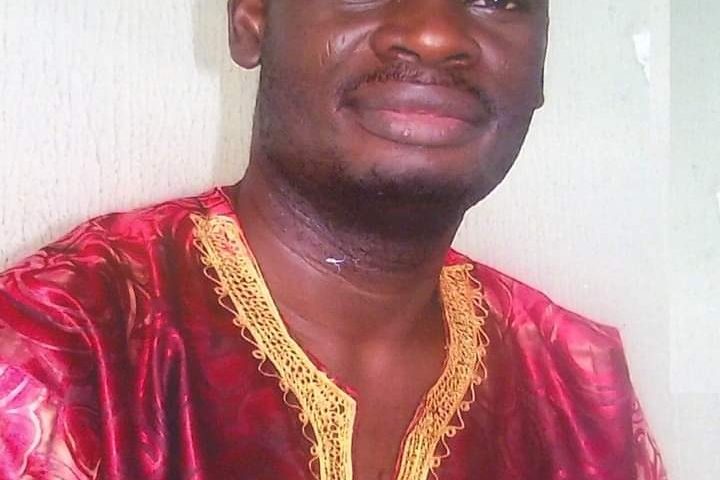Prof. Onuegbu Ugwu of Federal University, Ndufu-Alike, Ikwo, Abakaliki, has called on government to consider the development of Science and Technology (S&T) as a national priority.
Ugwu, the Director of Research and Development at the institution, made the call in an interview with News Agency of Nigeria (NAN) on Wednesday on the side-line of the on-going Science and Technology Expo in Abuja.
The expo with the theme, “Fast Tracking Sustainable Development of Nigeria through Science and Technology’’, is scheduled to end on Friday.
He said that the country had enough potential to drive the sector and urged stakeholders to work together to achieve science and technology development.
“We have potential and abundance of natural resources if given an enabling environment.
“Everybody is culpable of the bottlenecks in developing S & T. The innovation ecosystem includes tertiary institutions, industries and government agencies.
“Nigeria has all it takes to drive the sector but we need the enabling environment, all the stakeholders must work collaboratively and we must have a plan.
“We must have a national strategic policy and framework to develop the sector. It is unfortunate that in the past, the issue of S &T has been in the background.
“The strategic plan has to be sustained, it should not be politically driven irrespective of the government or party in power. They should see S & T as a national priority and continue to support it,” he said.
According to Ugwu, there have been policy documents in previous governments on strategies to develop the S & T but they lacked proper implementation.
“It is not enough to formulate policy but implementing it and providing the necessary support it requires,” he said.
He said that the country was still coupling technologies and had not developed indigenous technology which was more sustainable.
On driving research and its commercialisation, Ugwu said that lots of research works were going on in the country but there was no data to show for it.
He said that the lack of research data had affected commercialisation of some of those researches.
“What we need is `short sharp shock’ to do it and that can only be driven by government.”
Ugwu, however, said that the expo would create the platform for researchers and technology incubators to interface so as to convert ideas into business ventures.
Dr Azubike Ebokaiwe, a senior lecturer with the institution, said that research works had evolved over the years but funding to education and research institutions had been low compared to other countries.
Ebokaiwe said that upgrading funding for research could motivate researchers to be unconventional.
“You cannot be talking about innovation when you don’t have anything on ground to drive the idea that you have,” he said.
Ebokaiwe said that commercialising research work in Nigeria involved collaboration between the universities which drive research and the industries.
According to him, the partnership will enable the universities to identify problems from the industries and help them focus research toward solving those problems.
He also said that government needs to make policies that will favour the linkage between the industry and the universities. (NAN)





